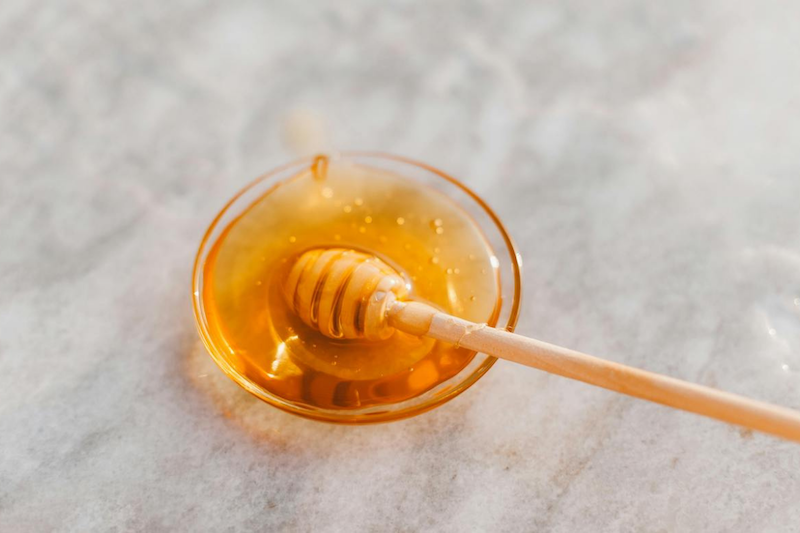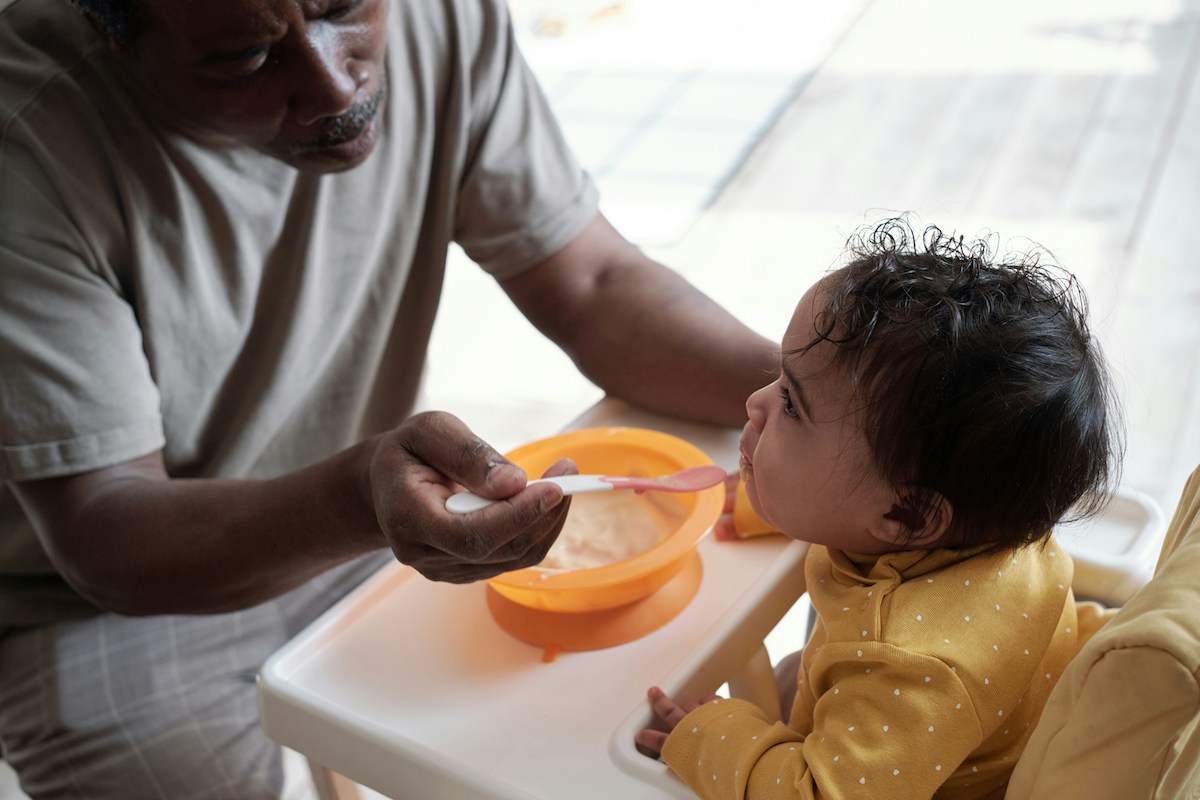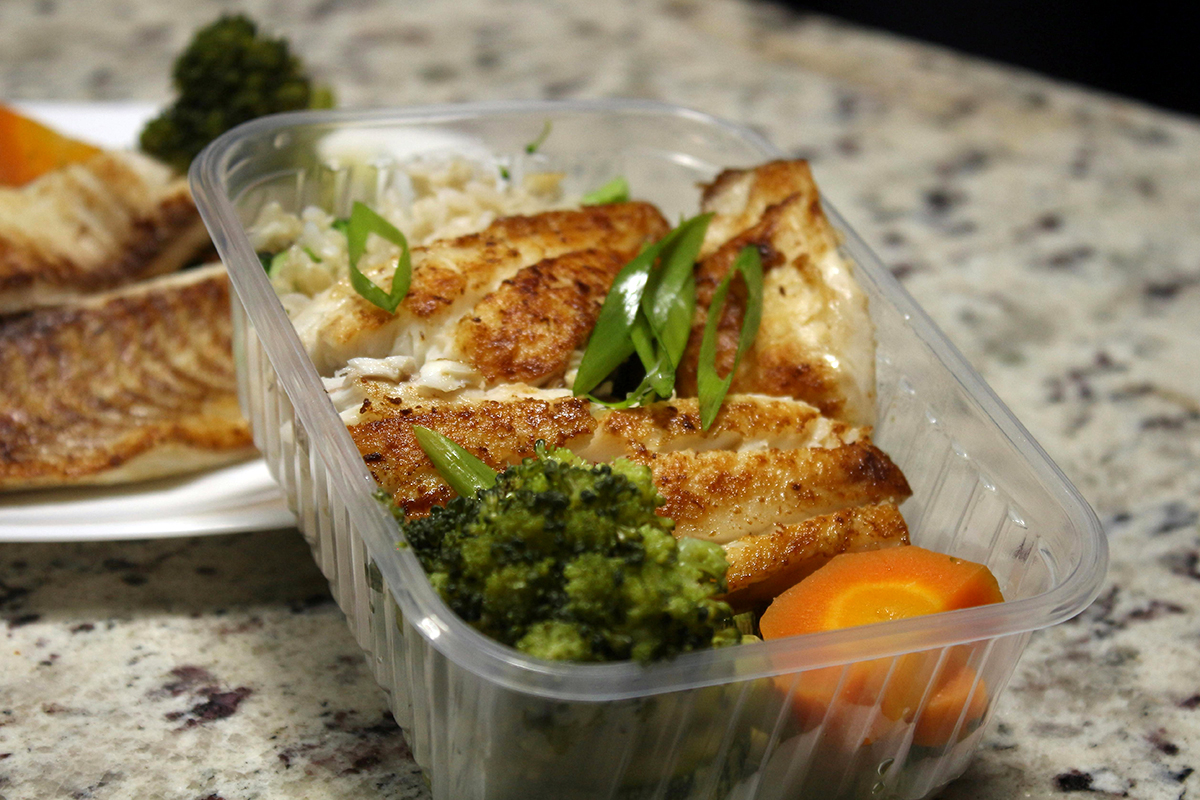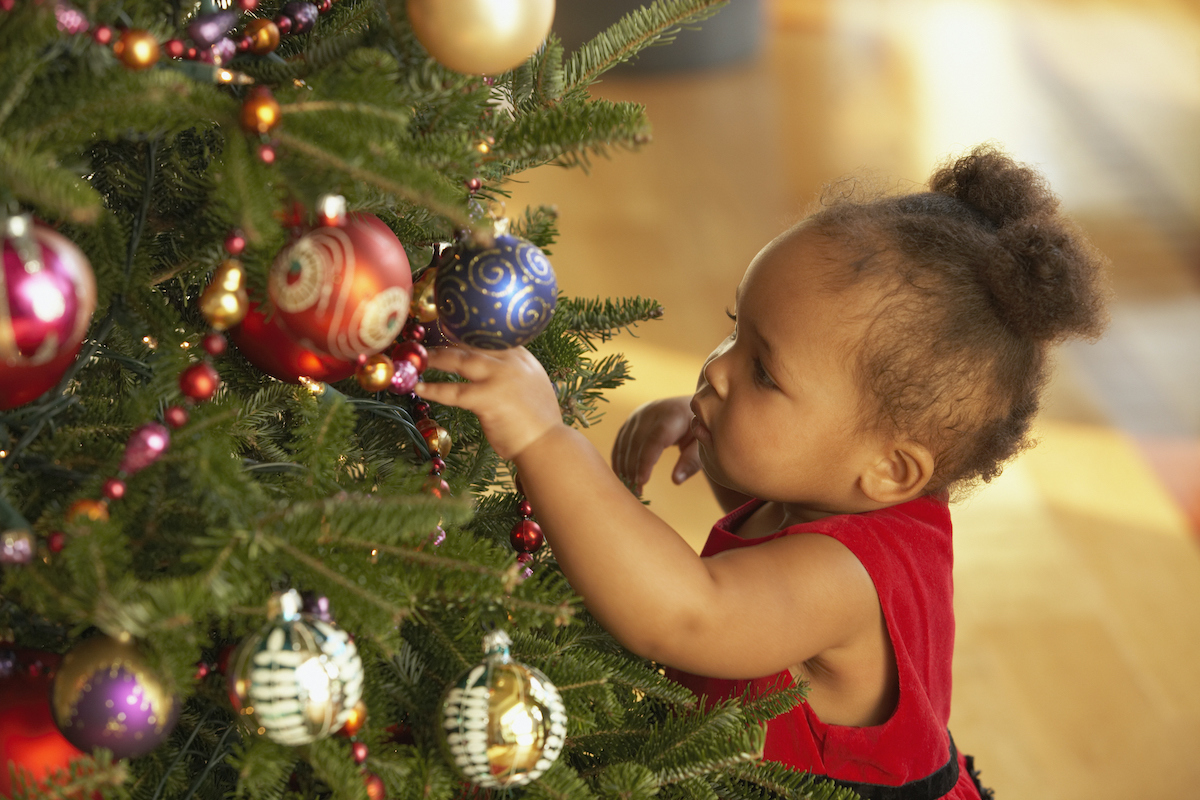Honey and botulism? My 10-month-old had Honey Nut Cheerios, and my MIL freaked me the hell out!
—Katie
With honey, I feel like mothers-in-law go both ways — yours freaked you out, but often it’s the MIL who is giving the Honey Nut Cheerios and the parent is freaking out. Should anyone be freaking out?
Basically, no.
Botulism is a condition that is spread through bacterial spores. These spores are all around us, and for most people, if we ingest them (through mold, dust, etc.), we just pass them out. For some individuals, though — and infants are at higher risk — botulism infection can lead to paralysis. Infantile paralysis from botulism is scary; infants can require breathing support if the paralysis extends to the lungs, and it can take several weeks to recover.

Infantile botulism is extremely rare. There are typically fewer than 200 cases per year in the US, among approximately 4 million children in the age range under 1. That’s a risk of 1 in 40,000. This is somewhat less likely than the chance of visiting the ER for a blanket-related injury in a given year (yes, I looked that up, and I do think it’s a good comparison).
Further, in these cases, it is generally unclear where the exposure was from. People are asked about possible exposures — dust, mold, construction — and they are asked about honey, since botulism has been found in honey. In an estimated 20% of cases, honey is one of the exposures. This doesn’t necessarily mean that the botulism actually came from honey; it’s just that, because we know the spores can live in honey, it seems possible.
At best, this suggests that by avoiding honey, you could lower the risk of infantile botulism from 2 in 40,000 to 2 in 50,000. Some people have pointed out that botulism cases haven’t fallen over time despite parents being told not to give kids honey. The possible magnitude of the decline is small in any case, but this does suggest that honey may play an even smaller role than the basic exposure data suggest.
Bottom line: This is not freak-out-worthy. Avoiding honey is fine. Your baby doesn’t need to eat raw honey. But if they have some by accident, or some Cheerios, or some bread with honey baked into it, do not panic. Just move on.
Community Guidelines



















Log in
Thank you! This is very much appreciated as I was weighing giving my 11 month old some home made vegetable soup that called for honey….she’s getting the soup.